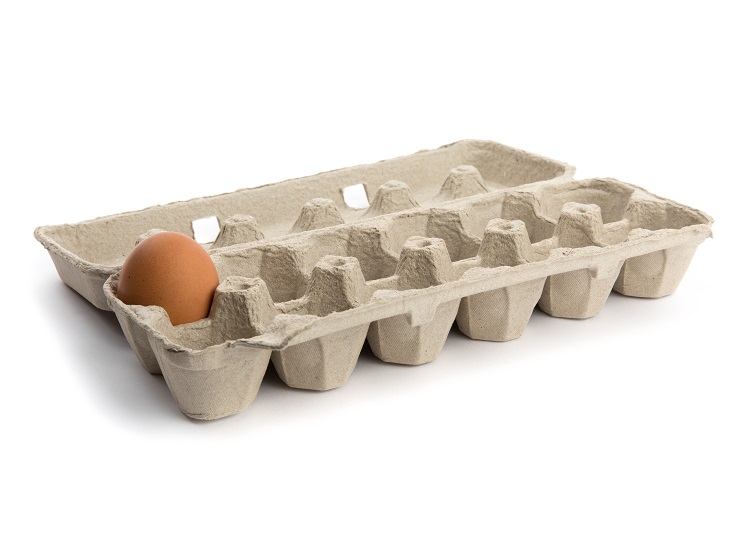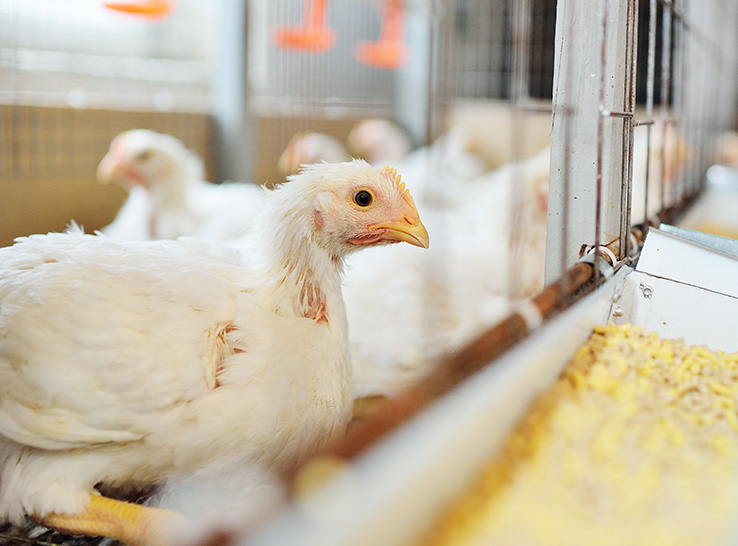In March, a bipartisan coalition of members from the House of Representatives introduced the “Lowering Egg Prices Act” to address current regulations that require farmers to discard hundreds of millions of eggs annually.
The bill mirrors the National Chicken Council’s (NCC) petition last month to the Food and Drug Administration (FDA) to reverse or modify a 15-year-old regulation that forces the broiler industry to discard safe and nutritious eggs.
Federal regulations require the refrigeration of eggs 36 hours after they are laid. But that rule does not distinguish between table eggs (raw products that require refrigeration) and breaker eggs (pasteurized for use in everyday grocery products like salad dressing, cake mix and pasta).
This regulation gives the broiler industry no choice but to discard nearly 400 million eggs each year. The recently introduced bill will address this problem by granting regulatory discretion on the refrigeration requirement for broiler eggs, thus putting hundreds of millions of breaker eggs back on the market.
NCC lent its support to the bill. “With Easter right around the corner, coupled with ongoing high egg prices, we should be doing everything we can to help the egg supply, and this is low-hanging fruit,” said NCC President Harrison Kircher.
Also today, a bipartisan group of more than a dozen members of the House of Representatives wrote to acting FDA Commissioner Sara Brenner, MD, MPH, urging the agency to grant NCC’s petition.
“The rule requires the broiler industry to discard eggs that don’t meet certain refrigeration requirements,” the letter says. “Those requirements make sense for table eggs, which are raw products, but the rule makes no sense for broiler eggs, which are pasteurized. The FDA and US Department of Agriculture said as much in a 2020 joint risk assessment, which concluded that broiler eggs present an extremely low public risk due to the ‘extremely high pasteurization efficiency’ of the egg-breaking pasteurization process.”
The full letter can be read here.









